I thank the Almighty Allah for making us witness this momentous occasion marking the first anniversary since our beloved country witnessed the ushering in of a new democracy after 22 years of dictatorship.
Today marks a significant day in the annals of our history when the great people of this country came together and won a landmark victory against a brutal dictatorship through a democratic process. On that fateful day one year ago, this nation took a stand and liberated itself from politics of fear, intimidation and division, and embraced hope, diversity and respect for human dignity and the rule of law.
The change has been both dramatic and decisive with the people of the country resolving never again to return to the dark days of mismanagement and unconstitutional rule. Consequently, because of our determination, we are witnessing the beginning of a new and unfolding democracy based on justice, freedom, equality and fraternity.
This glorious and historic victory did not just drop from the sky, there are quite a huge number of courageous individuals, groups and partners both within the country and abroad who contributed greatly to the success of our national struggle for democracy and good governance.
This day therefore is quite befitting for us to assemble in this impressive numbers to once more say thank you to all Gambian women and men; our youth, Gambians in the diaspora, ECOWAS bloc, UN, EU and other development partners and friends of The Gambia who were at the forefront of the struggle to end impunity and dictatorship.
I must also commend the leaders of the political parties for setting aside personal ambitions in favour of national interest by uniting to support my candidacy as the flag bearer following my election at the convention.
While we gather to celebrate our great achievement, we must also remember, celebrate and pray for the brave and gallant Gambians who have paid the ultimate price for us to enjoy the freedom, democracy and rule of law that prevails today. They held the beacon of freedom and liberty high in the face of tyranny. We thank God for their sacrifice but let me say this and say it with the utmost conviction: their lives, pains, and struggles shall never go in vain.
We owe them a debt of gratitude and this must be manifested in our efforts to strengthen democracy, human rights and positive development geared towards improving quality of lives for the population irrespective of political affiliation, gender, ethnic or religious considerations. The strength of our nation lies in its unity in diversity.
Ladies and gentlemen,
My government owes you clear policies and practical measures to ensure that everyone particularly the youth and women contribute to and benefit from our new democracy.
This we have started to do; and today I am proud to announce that Our National Development Plan 2018-2021 has now been validated.
This plan has among other things mainstreamed youth development, gender and poverty reduction as well as sound fiscal and macro management policies with the tendency to grow the economy and create decent jobs for our unemployed youths and women.
Fellow Gambians, the challenges are enormous given what this government has inherited. Let me take this opportunity to call on all of you to stand as one and face the task ahead and turn these overwhelming challenges into opportunities in the new dawn. Let us make this the beginning of a genuine recovery and sustainable development for posterity.
One of the critical steps being taken by my administration is the implementation of specific measures to restore confidence in governance.
These measures will help create the right environment required to pull the country back on the path of development and growth. The efforts are in fact well in progress and the new policies and programmes of the government have started to bear fruits.
Since my inauguration as President, we have successfully ended The Gambia’s isolation from the rest of the world. There has been a rise in bilateral and multilateral cooperation as partners have regained confidence to engage the government.
This is reflected among other things in the increased economic activities as a result of the conducive business environment created by this government leading to the stability of prices of basic commodities which are in fact generally going down.
It is also important to note that resultant demands on the services of the Banjul Port far exceeds the current capacity thus the government has taken the decision for the port to operate 24 hours creating more employment and improving timely service delivery.
Furthermore, we have as a government reduced the price of fuel three times in less than a year in line with world market prices. This has positive impact on commodity prices and their availability across the country.
Another positive achievement of my Government’s ongoing policies is its commitment to fiscal discipline. This is reflected in the remarkable improvement on the country’s foreign exchange reserve of well over 4 months import cover in a short space of time, compared to less than one month when we took over government.
Fellow Gambians, I am pleased to inform you that Gambian legal experts continue to be steadily appointed in our Judiciary in line with our efforts to fully “Gambianise” the Bench.
My government values the role of women in development and places gender representation high on the agenda which is proven by the appointment of numerous female Judges at the superior courts.
The pursuit of justice remains a high priority for my government. Some notable achievements include the decongestion of the prisons, the establishment of a Criminal Case and Detention Review Panel, the setting up of a Commission of Inquiry to look into the financial and business-related activities of the former President and his associates. We also held a successful National Stakeholders’ Conference on Justice and Human Rights earlier in May.
The forum provided a unique opportunity for inclusive dialogue and consultations on key justice sector reforms, including plans for the setting up of the Truth and Reconciliation and Human Rights Commissions.
My government has received and continues to benefit from genuine and solid support provided by the UN in the area of transitional justice.
Tourism continues to be a key priority area of my government as it contributes significantly to our GDP.
It is an important source of employment and government revenue. Government through the Ministry of Tourism is actively engaging stakeholders and partners to continue to improve and diversify the product base of the sector, in the areas of eco-tourism, river cruising, cultural tourism, among others.
The Ministry has recently signed an MOU with a key partner (F. T. I.) who will potentially increase the number of arrivals and help build capacity through the Tourism Institute. These efforts are in line with the overall government policy of making the industry an all-year-round activity.
Ladies and gentlemen, agriculture constitutes the backbone of our economy; and yet the potentials of this critical sector remain largely untapped. It is not by accident that the agricultural sub-sector is among the top five priority areas of my government.
Mechanisation and value addition are central to the achievement of food self-sufficiency. As I have always said, it is the duty and responsibility of all Gambians – you and me – to bring about sustainable national development for our people; others can only help.
In this process, the youths who constitute over 60% of the population must play a crucial role. This is why I am always encouraged when I see talented, dedicated and disciplined youths coming together to advance the course of national development.
Today, I am particularly pleased and privileged to launch this youth group which is named in my honour, willing, able and ready to join hands with other youth organizations across the country in pursuit of national development. Essentially, it is through endeavours like this that we can progressively harness the demographic dividends of our gallant youths.
On this note it is now my honour to formerly launch The President Barrow National Youth Development Front. Let me end this address by once again advising this youth group just launched and those throughout the country as our future leaders to stay disciplined and focused on acquiring knowledge and skills necessary for nation building.
Thank you all for your kind attention.
THE END
NOTE: In subsequent editions we will be publishing the views of others on the first anniversary under this column.
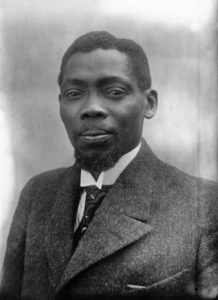

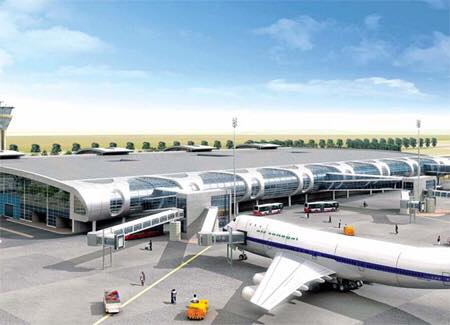

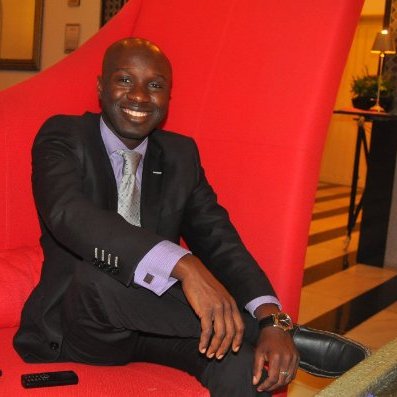
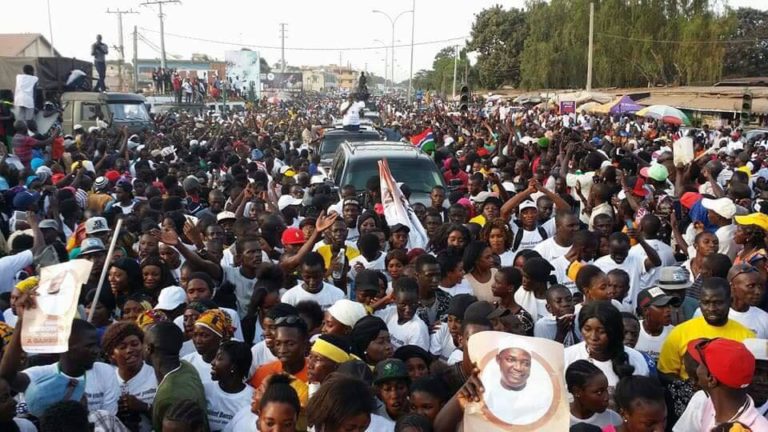

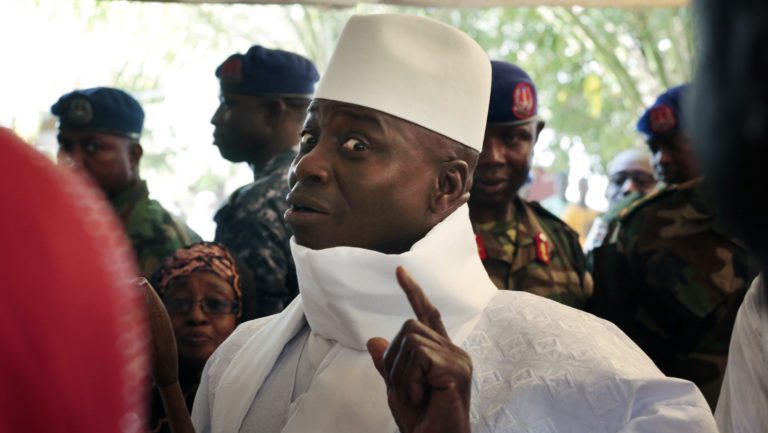
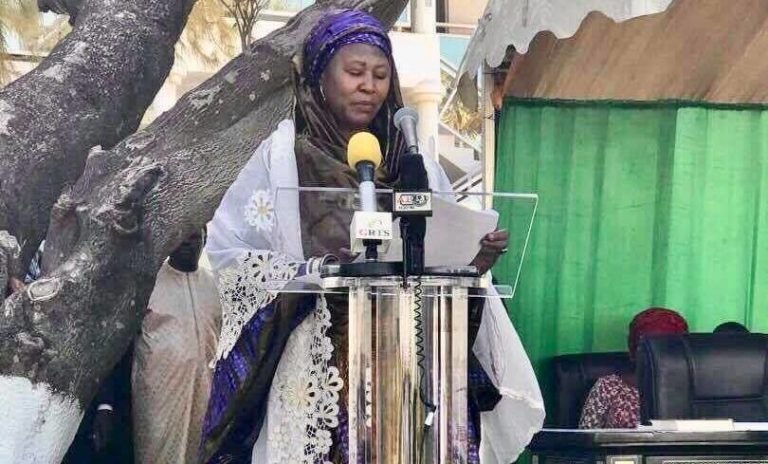
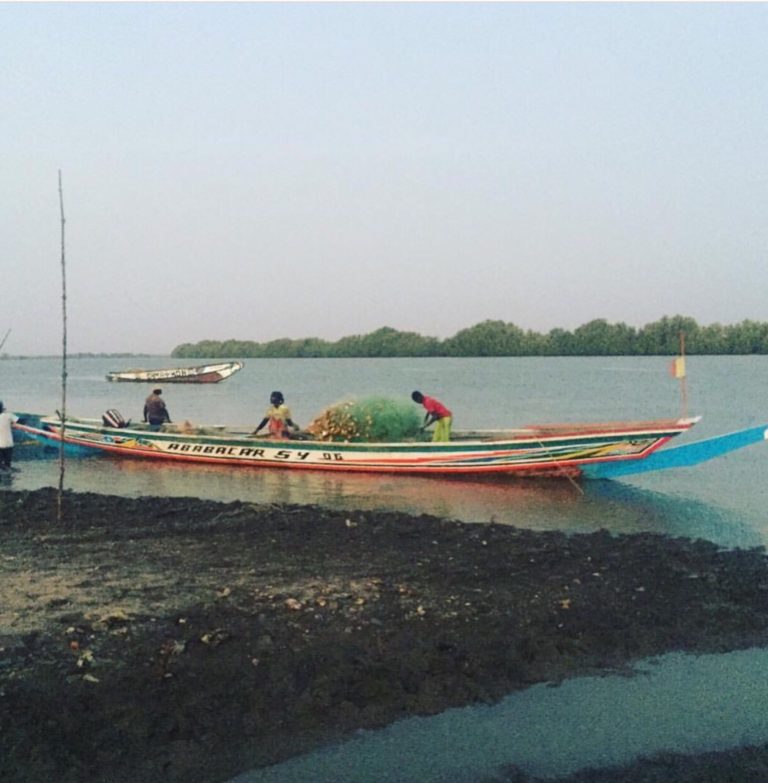
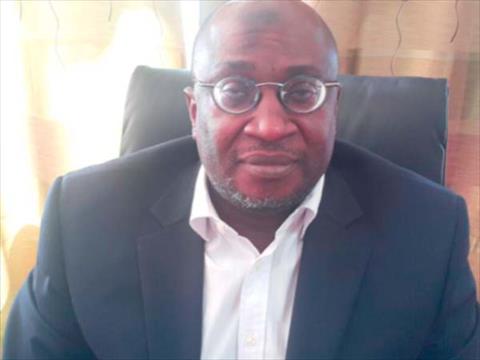

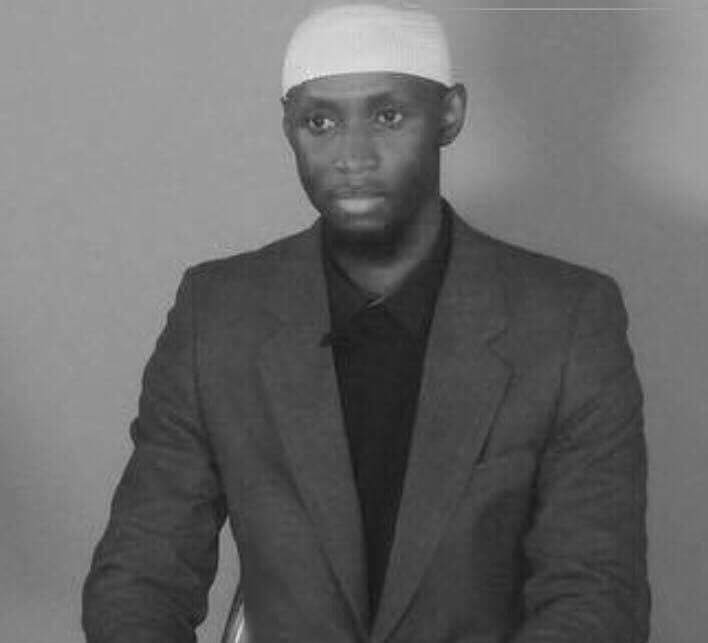
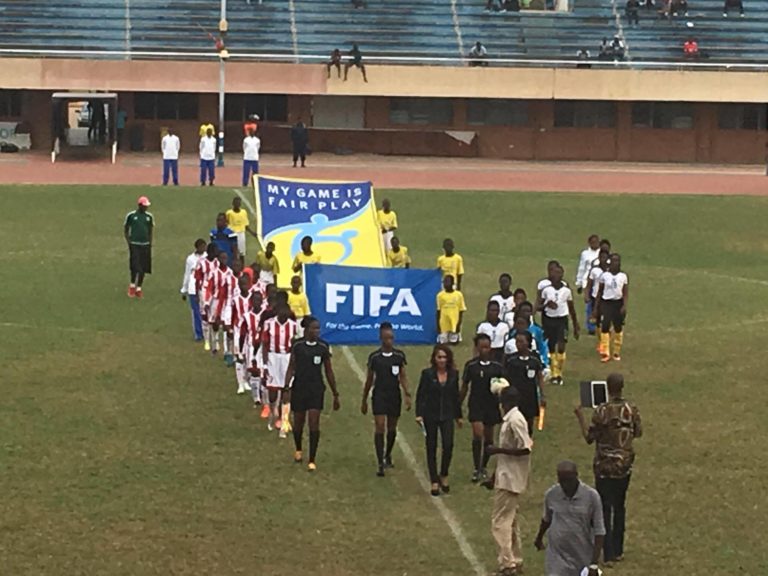

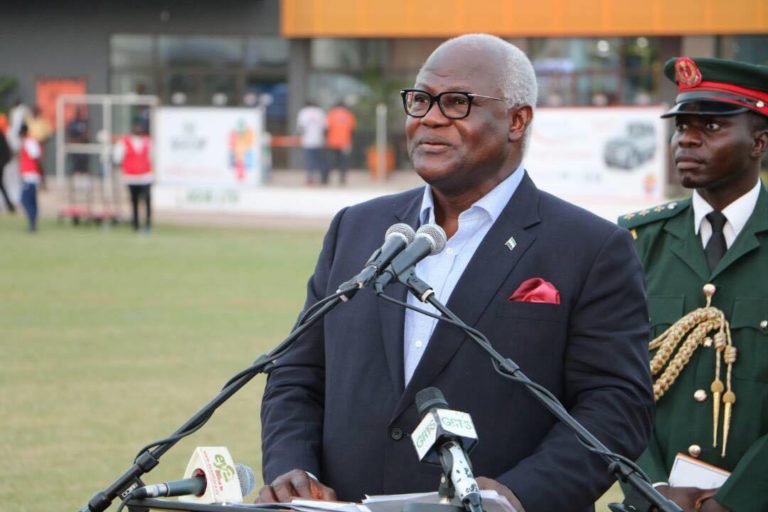
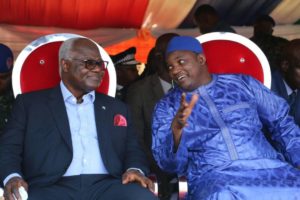
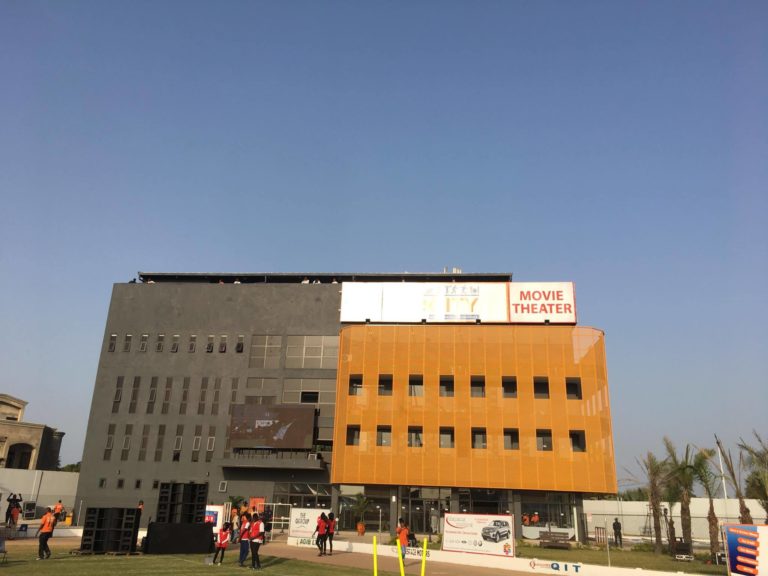
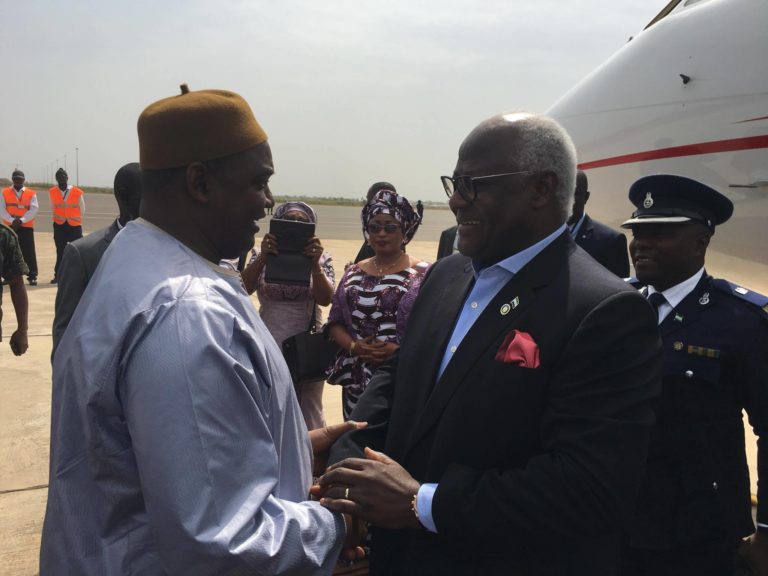
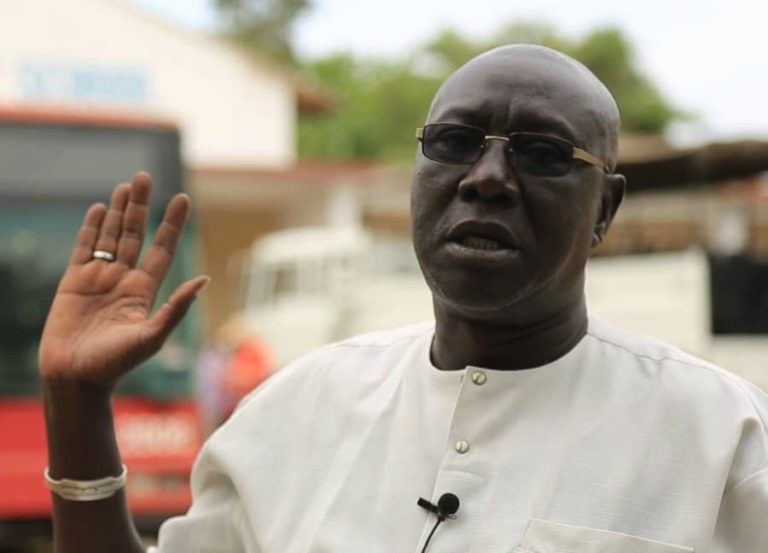
Lawyer Mene Is Abusing His License To Cross Examine PW3 Says Antouman Gaye in NIA 9 Trial
By Fatou Sowe
Lawyer Antouman Gaye the lead prosecutor in the Solo Sandeng murder trial against the nine former officials of the national intelligence agency (NIA) has said to the high court in Banjul, presided over by Justice Kumba Sillah-Camara that defense lawyer C E Mene was abusing his advocacy license to cross examine the third (PW3) Commissioner Abdoulie Sanneh.
He made this statement while raising an objection to a question which he considered irrelevant to the facts of the case before the court during lawyer Mene’s cross examination of the said witness.
Prosecutor Gaye in his submission to support his objection further stated that defense counsel Mene was overheating on issues that are not relevant to the case before the court. He said he does not subscribe to the saying that the sky is the limit in cross examination because relevance is the bench mark.
In his response to the objection, Lawyer Mene submitted that cross examination is meant to test the veracity of the witness and the objection of the prosecution is misconceived and only meant to shutdown the defense.
He went on to state that the defence is entitled to challenge the evidence of the prosecution brought in during PW3’s testimony in chief so the prosecution cannot complain about that because they presented the evidence in court.
“I will continue to punch holes into PW3’s evidence and I cannot be shutdown because that will amount to an unfair trial” he submitted.
Prosecutor Gaye in reply stated that Lawyer Mene’s allegation that the prosecution is in an attempt to shutdown the defense is wrong because it is the court that controls the proceedings of the case and not the prosecution. He also emphasized that section 192 (2) of the Evidence Act provides that cross examination must be relevant to the facts before the court.
In her ruling the presiding judge sustained the objection and said further that the line of questioning by Mene is absurd and that she was in disagreement with Mene’s submission that he can cross examine the witness on every piece of evidence because some issues are for the address stage of the case.
She said that the cross examination has gone way beyond the time the court expected it. Consequently, she directed Lawyer Mene to limit himself to the facts in issue before the court, after which the cross examination continued.
Commissioner Abdoulie Sanneh while continuing his testimony under cross examination stated that it is not correct that the Police Intervention Unit (PIU) officers are specialized in handling riot and chaotic situations because they (PIU) are like every other police officer as they carryout functions like any police officer.
According to him, majority of those arrested at Westfield on April 14, 2015 were arrested by the PIU officers, adding that he does not know who led the PIU team to Westfield nor does he know the instructions they were given because they are not under his command.
PW3 denied knowledge of the fact that the PIU officers were in their riot gears while on operation at Westfield saying that he does not know how the PIU operates.
The case was adjourned for a continuation of the cross examination by Lawyer Mene.